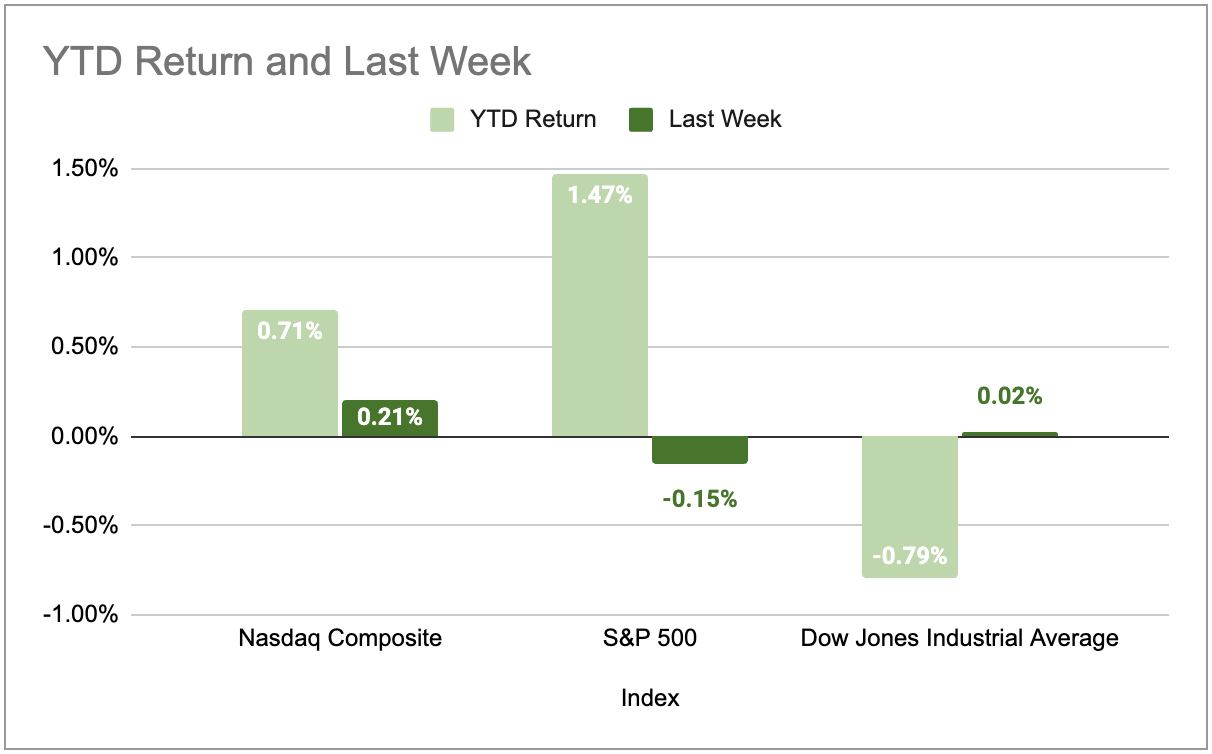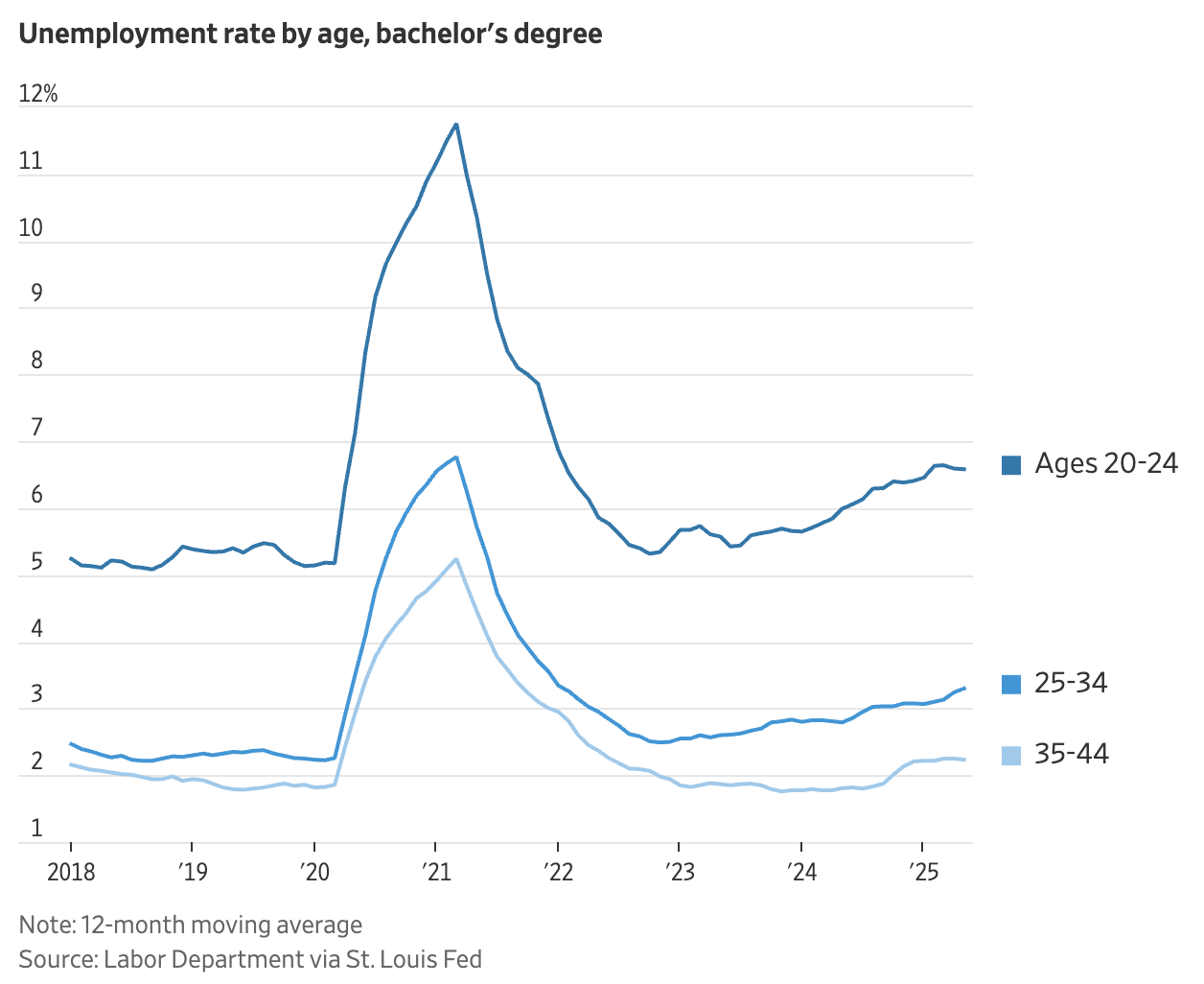🫥 Never Let Them Know Your Next Move
Hello investors!
What a time to be alive. I think the "word" or "theme" of investing in 2025 has got to be: volatility. And not just in the sense of crazy jitters in the stock market, but also the sheer unpredictable nature of what "once-in-a-lifetime" event will happen next, and how that will impact markets.
Just look at tariffs, not only are they on-again-off-again, but even the experts are in disgreement about what goods are actually being taxed...
When it comes to Iran, President Trump said "nobody knows what I'm going to do." Bettors on betting site Polymarket were pricing in a 27% chance that the US would take military action on Iran by Sunday. The same market is now showing a 55% chance that the US takes another action on Iran by the end of the month. Given the unpredictable nature of our current administraion, anything close to a coin flip sounds about right.
So what should we investors do? Here is how to hedge your portfolio against volatility to increase your net worth in a much more predictable manner.
Diversify: Stocks vs. Bonds is not enough. Consider a broad mix of non-correlated assets, such as US Stocks, International Stocks, Bonds, Gold, and Inflation-Protected Treasuries (aka TIPS).
Stick to your plan: When there is high volatility, the worst thing you can do is add more volatility by constantly buying and selling and adjusting your portfolio. Find a portfolio mix that you know you will be comfortable with for the next 5, 10, 20, 30+ years and just stick to it.
Review your personal finances: In my view, now is the wrong time to hold consumer debt like credit card balances and not have a clear view on where your money is going. Make sure you have a budget in place, stick to it, and consider paying down existing debt over additional investments. Even putting another $100/mo towards your mortgage can save thousands or more in interest, and speed up your timeline to becoming totally debt-free.
Good luck out there, and I'll see you next week.
-Brian
In Today's Issue:
🥇 Stocks seem to be losing momentum
🥈 AI is starting to take some jobs (kinda)
Markets
The Winds of Change

Last week, the S&P 500 slipped 0.15% as investors digested the latest policy update from the Federal Reserve alongside the potential for US involvement in the Middle East. Over the same period, the Nasdaq saw a gain of 0.21%, while the Dow Jones Industrial Average was essentially flat.
Up until this week, the market has been in "buy-every-dip" mode. Despite multiple negative economic updates, stocks remain priced at historically high valuations. While it is early to tell for certain, sentiment looks to be starting to shift. Stocks are now down 3% from their highs in February, and momentum is starting to fade.
As of this writing, the US has indeed gotten involved in the Middle East, with bomb strikes on multiple nuclear facilities in Iran. This will likely increase volatility in stocks over the coming weeks, though much depends on Iran's response as well as their allies.
Employment
They're Taking Our Jobs

AI was supposed to take our jobs, right? Well, it depends on who you ask. Total unemployement in the US is ticking up slightly, but remains at historic lows. And there are no widespread reports of companies replacing entire teams or job functions with AI. The Wall Street Journal decided to take a closer look at unemployment numbers, and what they found is concerning.
While it's true that total unemployment remains low, unemployment among young holders of bachelor's degrees is increasing at a rapid clip. This is concerning because in a healthy economy, jobs are plentiful as comanies invest in headcount, and younger educated demographics tend to command lower salaries and are more productive than older and less educated demographics.
However, 90% of HR managers surveyed indicated they are not looking to hire recent grads, and this trend seems to be exacerbated by AI. More and more companies are leaning on AI tools to perform low-level tasks that historically would be handled by entry level workers. This aligns with a story covered in this edition of the newsletter in which Anthropic's CEO warned that "AI could eliminate half of entry-level white collar jobs and spike unemployment as high as 20% in the next 5 years."
While I am skeptical of such a drastic spike for reasons I outlined in the newsletter, I don't disagree that AI will almost certainly disrupt the labor market. The latest data seems to suggest that the disruption has already begun.
Responses